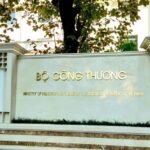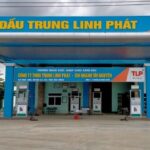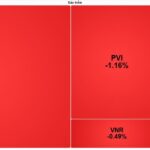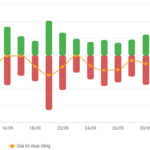Proposal for a Series of Measures
The Ministry of Industry and Trade has just announced a draft decision by the Prime Minister regulating the import and temporary import of automobiles not for commercial purposes.
According to the Ministry of Industry and Trade’s proposal, automobiles imported for non-commercial purposes must belong to the types and brands licensed under Decree 116, which stipulates the conditions for the production, assembly, import, and business of warranty and maintenance services for automobiles. They can only be imported through enterprises with licenses for automobile import business. This implies that organizations and individuals will no longer be able to directly import cars under the name of gifts or donations but must entrust licensed enterprises to do so.
This approach, in principle, will eliminate “ghost” enterprises or those taking advantage of the guise of “businessmen” and partners to import supercars and legalize gifts or donations into a network of car traders (as reported by Tien Phong in May 2022).
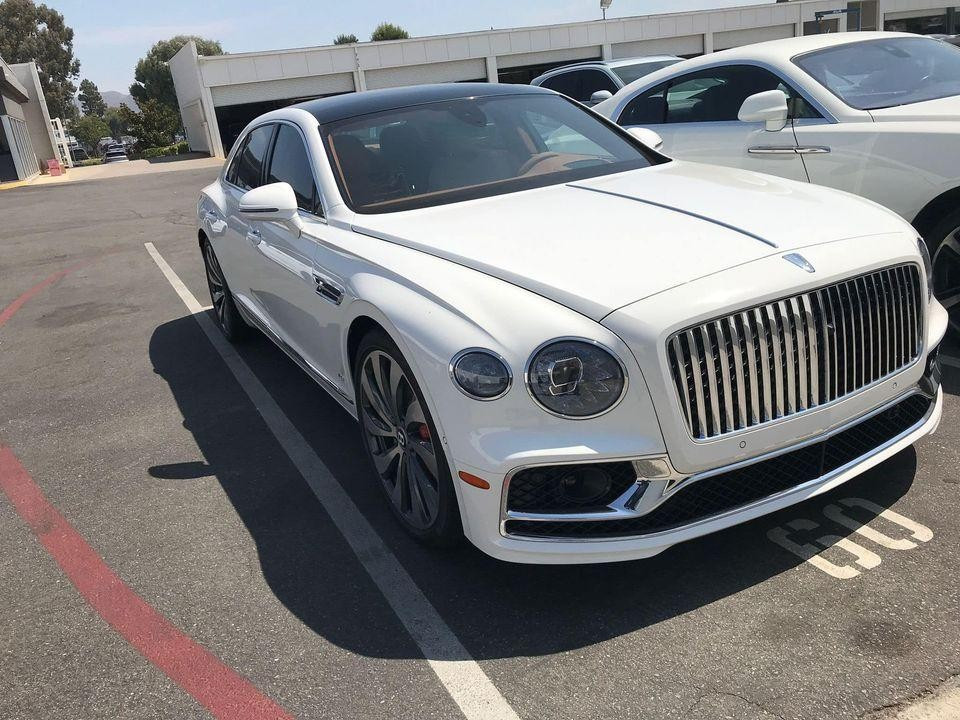
The Ministry of Industry and Trade proposes that only enterprises licensed under Decree 116 are allowed to import gifted or donated cars.
This regulation also prevents enterprises that do not meet the requirements (such as being an official dealer) from bypassing import policies, such as having a warranty and maintenance facility and being able to recall cars on behalf of foreign dealers when necessary. This is a fundamental change from the past when there were cases of local Customs Departments issuing permits en masse and uncontrollably, leading to some enterprises receiving gifted supercars every year; even households below the poverty line and students were registered as enterprise owners receiving gifted luxury cars worth billions of VND.
However, this regulation only controls the receiving end of gifts or donations. According to Tien Phong ‘s investigation, most of the partners who have gifted or donated cars to Vietnamese enterprises over the years are familiar names, typically Pacific Shipping LLC, SD Design, ACE International FZE, and Auto Ranch FZE.
These enterprises are well-known car dealers worldwide. In the past, the customs authorities determined the “partner” relationship between the giver and the receiver based on the submitted documents, requiring various proofs. However, in reality, there are still car dealers that “gift or donate” hundreds of supercars to Vietnamese enterprises annually without being flagged.
Loopholes Remain, Risk of Tax Loss
The most notable issue is the mechanism for pricing, post-inspection, and data transparency, which the draft still leaves open to many loopholes.
A concern regarding cars imported as gifts or donations is taxation. Due to loopholes in the valuation process, some syndicates take advantage of this policy to import supercars to Vietnam by declaring vehicle values much lower than their actual market value.
Statistics from the Ministry of Finance show that during the suspension of gift and donation car imports from 2016 to 2022, the customs authorities granted import permits for more than 3,800 cars with fewer than nine seats under the gift and donation category. The total tax declared by enterprises was over VND 8,800 billion, but after the customs authorities reassessed the value, the actual tax amount to be paid was over VND 13,300 billion – a difference of more than VND 4,400 billion. This valuation gap has led to a potential loss of thousands of billions of VND in state budget revenue.
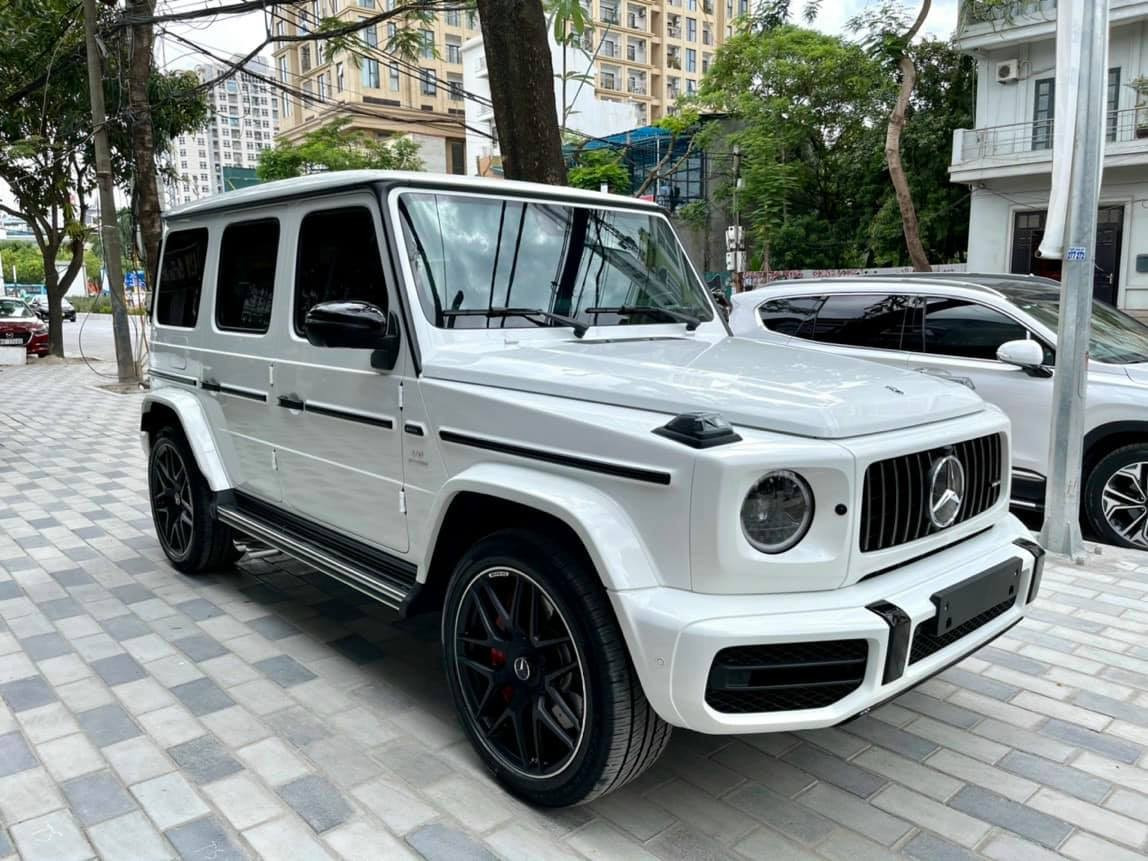
A fleet of G63 cars imported as gifts or donations.
In reality, many imported cars under the gift or donation category end up in showrooms shortly after arriving at the port instead of being used by the recipients. Therefore, there should be a regulation stipulating a minimum period for using the car before it can be transferred to another owner.
Moreover, the monitoring mechanism to ensure the implementation of this regulation needs clarification. Without measures to check, monitor registration, and transfer after customs clearance, preventing changes in ownership will be challenging.
In reality, most cars imported as gifts or donations are luxury vehicles from the Middle East, the USA, Japan, England, and Austria. The most commonly gifted or donated models include Mercedes Benz AMG G63, Lexus (LX570, RX350, LM300h), Land Rover Range Rover, Ford F150, Toyota (Highlander, Sienna), Rolls-Royce, Ferrari, McLaren 720S, Lamborghini Urus, and Maybach GLS600.
Sharing with Tien Phong , the director of an automobile company stated that the Ministry of Industry and Trade’s proposal to limit the types and brands of gifted or donated cars to those licensed under Decree 116 and entrust licensed enterprises with the import procedure might, in theory, benefit licensed importers of luxury cars by eliminating competitors importing through the “small channel.”
However, this regulation intervenes in the gifting or donating activities of citizens and enterprises. “While this may be more convenient for managing authorities, it is unfair to citizens and enterprises if they receive gifts or donations of unique and distinct luxury cars,” he said. He also suggested that the state should not deeply intervene in types and brands but focus on tax policies and monitoring of gifted or donated cars.
“Taxation of imported cars under the gift or donation category should be fair and accurate, just like regular imports. By effectively monitoring this, the state can collect a significant amount of tax revenue, and citizens can receive gifts or donations according to their needs,” the director added.
After Circular 143 on customs procedures and management of automobiles and motorcycles for entities permitted to import or temporarily import for non-commercial purposes exposed its limitations, the Ministry of Finance amended and replaced it with Circular 45, which removed the authority of local customs departments to grant permits. The government then assigned the Ministry of Industry and Trade to take the lead in coordinating with relevant ministries and sectors to research and develop policies.
However, the confusion in the transition of responsibilities between ministries and sectors has left nearly 50 supercars imported as gifts or donations “stuck” at the port since 2022, awaiting clearance.
Optimizing the Legal Framework to Facilitate Commodity Trading Through the Commodity Exchange
On August 13, the Domestic Market Management and Development Department under the Ministry of Industry and Trade organized a workshop in Da Nang city to gather opinions on the draft decree detailing the Commercial Law on goods trading activities through commodity exchanges. This draft decree will replace Decree No. 158/2006/ND-CP and Decree No. 51/2018/ND-CP.
The Power of Words: Crafting a Compelling Title
“Finalizing the 8th Power Plan Revision: A Race Against Time”
The delays in implementing power source and grid projects are prolonging the timeline for operation, impacting the goals of providing sufficient electricity and socio-economic development. To address these challenges, it is necessary to adjust Power Planning 8 to ensure alignment with the actual situation and legal requirements.
The Great Merger: Uniting Departments for a Stronger Future
On December 12th, the Party Committee of the Ministry of Industry and Trade held a conference to review the implementation of Resolution No. 18-NQ/TW, which proposes the consolidation of several departments and bureaus.
“Customs Clearance Conundrum: Navigating the Temu Unlicensed Scenario”
The Customs Management and Supervision Department of the General Department of Vietnam Customs has stated that the Temu e-commerce platform has not yet been granted the necessary permissions to operate. As a result, there is currently no basis for customs procedures to be carried out for goods originating from this platform.




























